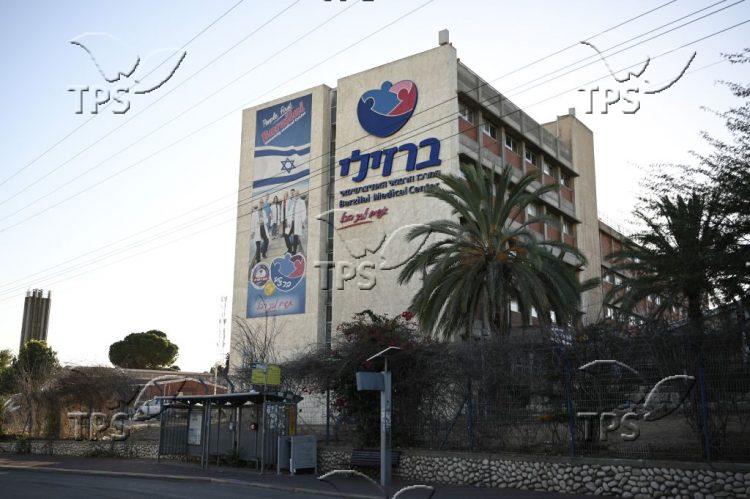Israeli Lawmakers Take Action Against High Food Prices in Hospital Stores
Jerusalem, 3 June, 2024 (TPS-IL) -- Members of the Knesset Health Committee on Monday criticized the lack of regulation over rising food prices in hospital food stores, describing the costs as an unfair burden on the families of patients.
“Patients and their families are already under significant stress. They should not be exploited for basic necessities like coffee and water. Franchisees can make their profits from luxury items, but essentials must be affordable,” said committee chairman MK Yoni Mashriki (Shas).
During the discussion, Mashriki expressed frustration with the Ministry of Economy, which deflected responsibility to the Consumer Protection Authority. He demanded a detailed report from the Ministry of Economy within a month, outlining potential supervision mechanisms for food products in hospitals. This report is expected to address which products should be controlled and the methods for implementing such supervision.
Additionally, the Health Committee called on the Ministry of Health to conduct a comprehensive inspection of all hospital food services. The goal is to identify basic food products that should be sold at controlled, discounted prices. Based on these findings, the Ministry of Health will guide hospitals in drafting tender terms that ensure the availability of these affordable basic items.
MK Avraham Bezalel (Shas), MK Iman Khatib Yassin (Ram), and MK Moshe Pesal (Likud) initiated the discussion, highlighting the lack of intervention from the Ministry of Health and the Competition Authority in regulating hospital food prices. They pointed out the stark contrast between hospital prices and those of regular establishments. For instance, a small iced coffee at Sheba Hospital in Ramat Gan costs 19 shekels ($5.18), while a small reverse coffee at Assaf Harofeh Hospital in Beer Yaakov costs 13 shekels ($3.55).
They argued that hospitals could stipulate lower prices as part of their tender conditions. However, past practices have shown that hospitals prioritize profit from franchisees, complicating the sale of low-cost supplies.
Dr. Dalia Shilian, Chief Economist of the Consumer Protection Authority, proposed including threshold prices for basic products in the tender terms. Sharlo, head of hospitalization supervision at the Ministry of Health, agreed on the need to define which basic products should be price-controlled, such as water and coffee. He noted that while luxury items cannot have price limits, supervising essential products requires legislative action from the Ministry of Economy.
However, Etti Pitosi, head of the government medical centers division at the Ministry of Health, noted that hospitals often face difficulties in finding suitable franchisees, leading to the installation of vending machines as a stopgap measure.
According to Shlomi Grossman, head of procurement at Clalit Health Services, Clalit’s uniform tender includes a monitored price list, which has not deterred franchisees.
Conversely, Yoav Sibor, a health officer in the budget department, warned that increased price supervision could impact hospital revenues and financial stability.







